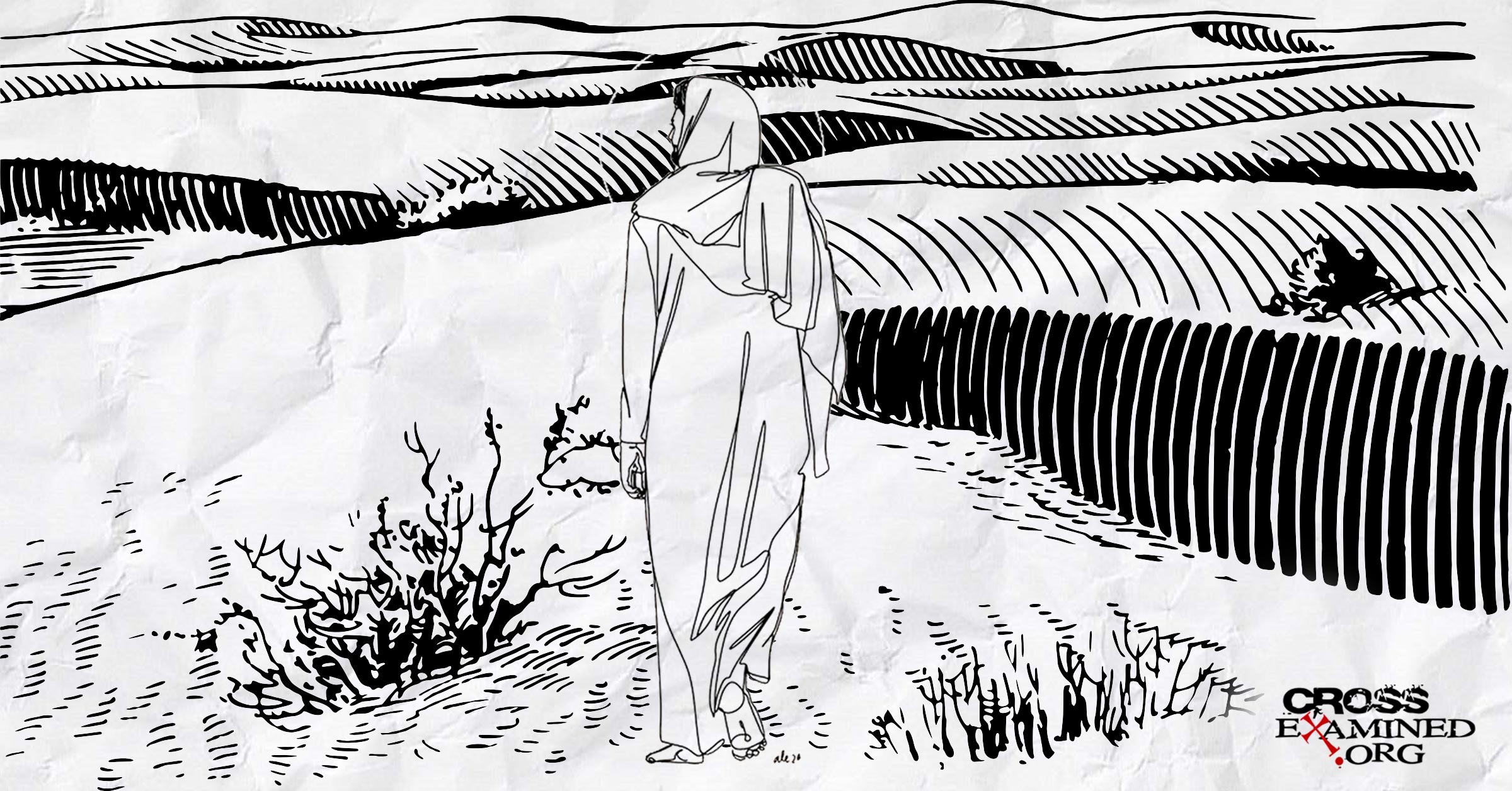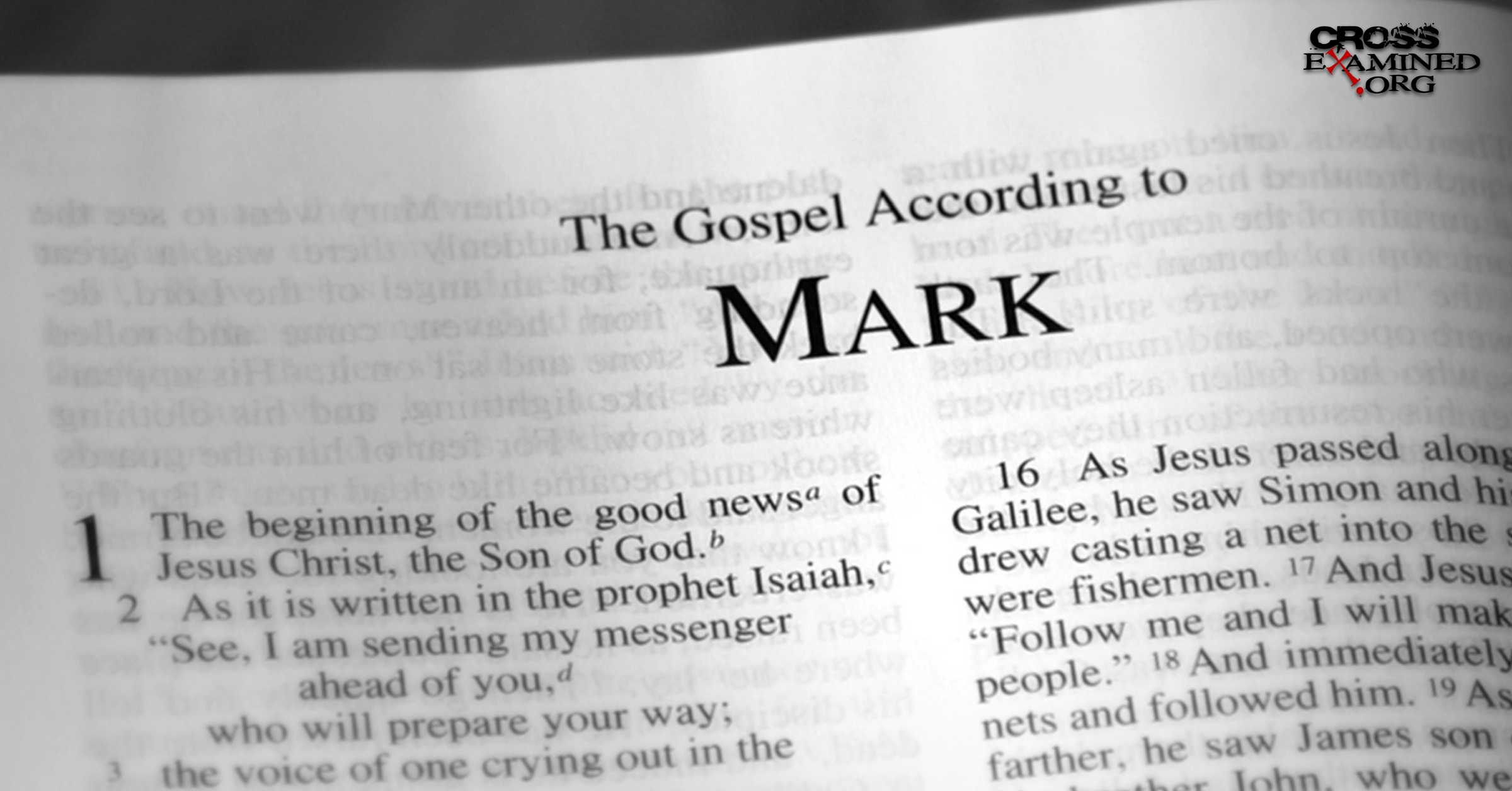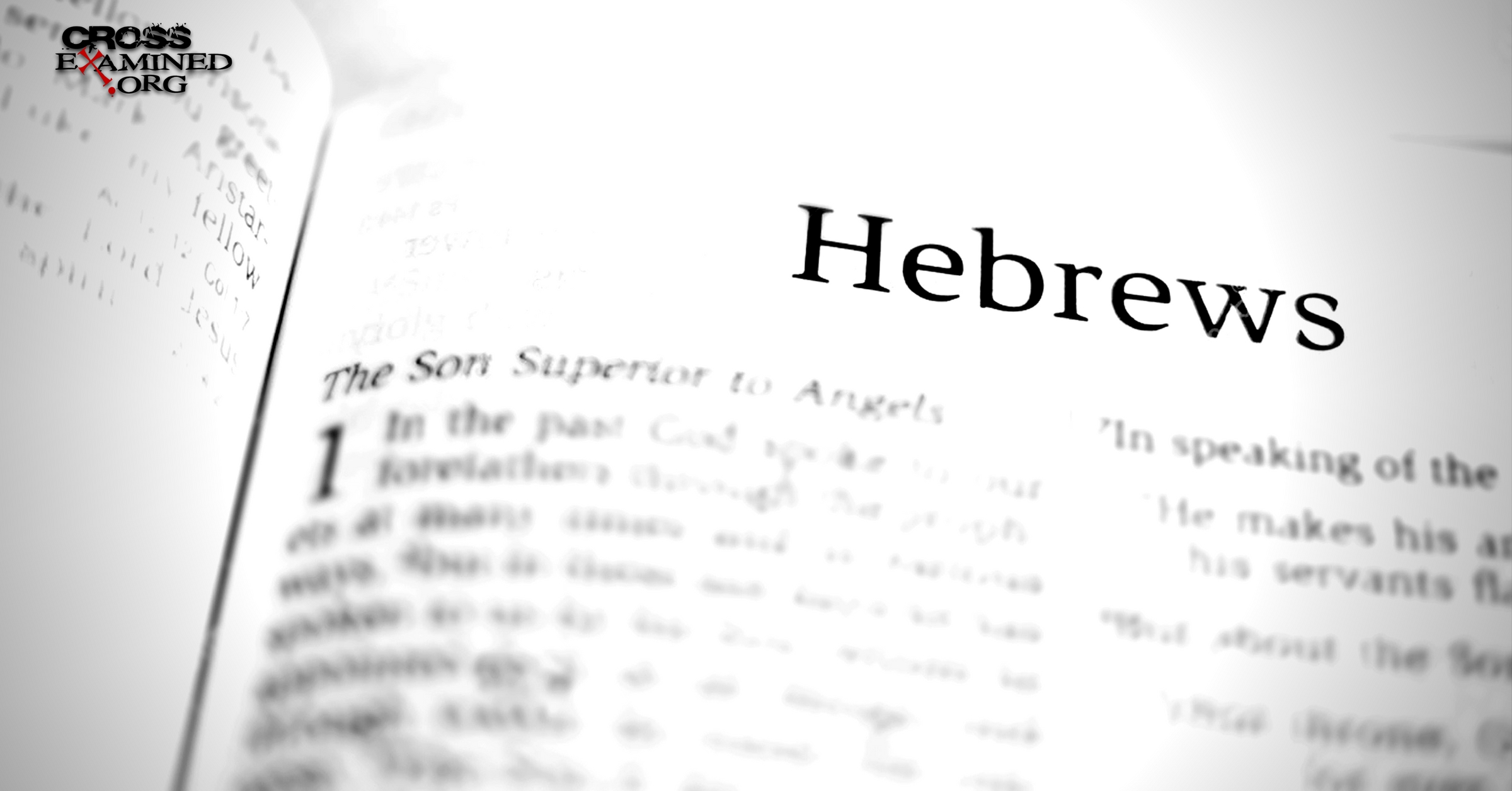How Jesus “Emptied Himself”
Few biblical texts receive as much attention as Philippians 2:5-8. It reads:
Have this mind among yourselves, which is yours in Christ Jesus, who, though he was in the form of God, did not count equality with God a thing to be grasped, but emptied himself, by taking the form of a servant, being born in the likeness of men. And being found in human form, he humbled himself by becoming obedient to the point of death, even death on a cross.
Theologians have spilt much ink over this text. After all, it’s a rich Christological text which proclaims significant truths about the nature of Christ. But far and away, the most controversial part is the phrase “but emptied himself.” What does this statement mean?
The Dilemma
Does this mean that Jesus emptied himself of his deity, thus ceasing to be God during his incarnation? After all, if he was fully God, how could he also be a human at the same time? This seems like a logical contradiction.
Or, perhaps the phrase means that he set aside certain divine attributes while maintaining others. In other words, he still kept some of his divine nature — holiness, love, wisdom — but willingly set aside other parts of his divinity — omnipresence, omnipotence, omniscience — in order to be human. This view has attracted many supporters because it seeks to reconcile how an all-powerful, all-knowing, and present everywhere God could also possess qualities such as limited wisdom and limited spatial presence.
Or, does this phrase mean something else entirely? In fact, I do believe it means something else entirely, and I think I have good reasons for believing this. Allow me to explain.
The Deity Of Christ
There’s little doubt that this text proclaims Jesus as the pre-existent God of the universe. This text gives us two reasons for reaching this conclusion.
First, it states that Jesus was “in the form of God.” The word for “form” in the Greek is morphe, which denotes the exact substance or nature of something. Therefore, by declaring that Jesus was “in the form of God,” Paul emphatically states that Jesus shares the exact same nature as God. He is eternal, self-existent, all-powerful, all-knowing, holy, love, and so forth.
Second, Paul tells us that Jesus was equal with God when he wrote, “though he was in the form of God, did not count equality with God something to be grasped.” Nothing, however, is equal to God except God. God even declares in Isaiah 46:9, “I am God, and there is no other; I am God, and there is none like me.” If what God says in Isaiah is true, how then could Paul make Jesus out to be God’s equal? It must be that Jesus himself is also God.
The Meaning Of “Emptied Himself”
We now come to the most controversial part of the text. What does Paul mean when he says Jesus emptied himself? I believe he tells us in the next part of the text when he asserts, “[Jesus] emptied himself, by taking the form of a servant, being born in the likeness of men.” Here, Paul indicates that the emptying of Christ doesn’t include losing any of his deity. Rather, the emptying includes adding a human nature to himself. In other words, it’s the formula of subtraction by addition.1
Notice the text doesn’t state that Jesus emptied “part of himself.” That would indicate that he set aside portions of his divine nature in order to become a human. No, it simply states that he “emptied himself” by taking on the nature of a human.
Paul expresses that, even though Jesus had a divine nature and an exulted status in glory, he willingly chose to “empty himself” by coming to earth to experience all the limitations and sufferings of a human, ultimately culminating in his death on the cross.
This view is consistent with the historic orthodox view of the nature of Christ. At the Council at Chalcedon (AD 451), the church declared that Jesus was one unique person who possessed both a human and divine nature. That is to say; he was fully God and fully human, not part God part man. And for clarification, he wasn’t two persons. Rather, he was one person who had an eternal divine nature and an added human nature in the incarnation. Again, subtraction by addition.
“Emptied Himself” Illustrated
Let me give you an illustration to explain how adding something could look like subtraction.2 Imagine that one day you decided to go to a luxury car dealership to test drive the nicest car in the showroom. The salesman gave you permission, so you took the shiny car out for a spin.
As you were driving down the road on that rainy day, you noticed a field off to your right and decided to take the car off-roading to see how well it could do donuts. After about fifteen minutes of spinning around in the field, sufficiently caking the car in mud, you took the car back to the dealership, handed the keys to the salesman, and thanked him for allowing you to test drive the car.
As you can imagine, the salesman demanded an explanation for why you plastered his new shiny car with mud. To which you responded, “hey buddy, why are you so upset? Did I take anything away from the car? No, I only added to it. I added mud!”
You see, even after the fifteen-minute test drive, the new luxurious car was still a new luxurious car. The full coating of mud, however, disguised its glory, so it wasn’t as obvious as before. In the same way, as Jesus added a human nature — much like mud in our illustration — he didn’t cease being God. Instead, the human nature merely disguised his glory like the mud disguised the glory of the new luxurious car.
As you read through the Gospels, you will find that Jesus’ humanity made it difficult to see his divinity. We even read of times where Jesus became hungry or tired or didn’t know certain details about future events. In a sense, this is the mud disguising his glory. It doesn’t mean he ceased being glorious, it simply means his human nature veiled his divine nature during the incarnation.
Why It Matters
Jesus adding a human nature has massive implications. After all, Paul tells us that Jesus emptied himself to become “obedient to the point of death, even death on a cross.” If he only had a divine nature, he could not have died for our sins, because God cannot die. The reason Jesus could die was because he possessed a human nature.
Thus, without his added human nature, we would still be lost in our sins. Thank God Jesus emptied himself.
Recommended resources related to the topic:
How Can Jesus Be the Only Way? (mp4 Download) by Frank Turek
Cold Case Resurrection Set by J. Warner Wallace (books)
Ryan Leasure holds a Master of Arts from Furman University and a Masters of Divinity from the Southern Baptist Theological Seminary. Currently, he’s a Doctor of Ministry candidate at the Southern Baptist Theological Seminary. He also serves as a pastor at Grace Bible Church in Moore, SC.
Original Blog Source: https://bit.ly/3iMOshm












Leave a Reply
Want to join the discussion?Feel free to contribute!